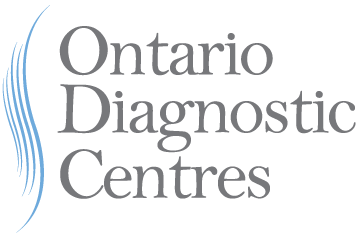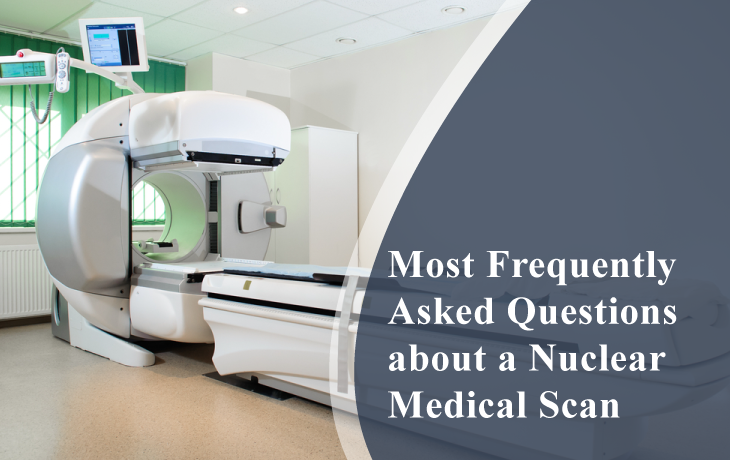There is hardly any doubt that the medical field has advanced to a great extent. One such development is diagnostic health imaging, which has completely transformed healthcare by allowing for the early diagnosis of several medical conditions.
This technology helps to view the inside of the body to figure out the causes responsible for causing an illness or disease. And all of this is achieved without employing needless, invasive exploratory processes.
While there are many types of diagnostic imaging tests, this article specifically talks about the nuclear medicine scan and the most commonly asked questions. So, read along to find out the answers for them!
What Is a Nuclear Medicine Scan Used For?
This scan is generally recommended and helpful in accessing:
- A heart disease
- To check the functioning of the brain, kidney, lungs, and thyroid
- The location of the tumor and its progression before and after treatment.
How Does the Scan Work?
To begin; a small dose of radiopharmaceutical is injected. There is a waiting period of approx. 1.5 to 2.5 hours between the time of the injection and the scan, which can vary.
And with the help of a special camera, images of tissues, bones, and other organs of the body are taken.
Will I Be Radioactive After This Scan?
After a nuclear medicine scan, you will be radioactive. However, you should not be concerned because only trace amounts of radiotracers are used. Hence, you will not be radioactive the following day of the scan.
Will I Be Allergic to the Radioactive Material Utilized?
If you have a misconception about developing an allergic reaction after this scan, you must get over it. Radioactivity allergy is the least likely to occur.
And if it does happen, your doctor is available to help you out. However, the need of the hour is to inform the technologist performing the scan of any allergic reactions that you might have endured in the past.
Is This Scan Painful?
Almost every imaging examination is painless. The same is true for nuclear medicine procedures.
Apart from injecting the radioactive material that goes into the vein and might cause local pain for a few seconds, you are highly unlikely to receive any sort of other discomfort.
What If I Am Claustrophobic?
If you are claustrophobic, the technologist and radiologist performing the scan must be informed. The professional will advise you on anti-anxiety medication for the day.
However, if you take this medication, you should have someone with you to help you. The person escorting you will ensure that you reach home safely.
Can Anyone Undergo This Scan?
While this scan can be recommended to anyone, those breastfeeding will require taking extra caution. These women will essentially need to feed their babies immediately after the scan.
This is fundamentally due to the small amount of radioactivity that still exists in your body. Therefore, it may pass through the breast milk.
Any other guidelines will be communicated to you before and after the scan by the staff performing this examination. Make sure to pay strict heed to them.
Am I allowed to travel after my scan?
Yes, you can travel after the scan without any hesitation. But there will be a small amount of radiation in the body that can be detected at airports; ferry ports, train stations, and so on.
So if you have such plans, make sure to discuss them with the staff at the imaging centre. They will give you a card containing information about the examination.
Can I Be Around Pregnant Women or Children?
After this scan, you are safe to be around pregnant women or children. And as stated before, almost all of the radiation will disappear the following day, post this examination.
But at the same time, it’s better to ditch spending extended hours near small children and pregnant women. That means you should avoid sleeping with them.
Apart from this, you are empowered to carry on daily activities in the same way.
Can I Undergo This Examination If I Have Had Implants Before?
Such implants won’t create any kind of problem in this scan. But it should be within the knowledge of the staff performing this examination.
Can I Wear Jewelry on This Day?
You will be asked to remove your jewelry before this scan. Hence, it is better to leave them at your home.
And Lastly, Are There Side Effects to Nuclear Medicine Scans?
Apart from allergic reactions, which are also very rare, any other side effects of nuclear medicine scans are not known. If you realize anything of such sort, the safest bet is to get in touch with your doctor.
The professional will guide you on how to overcome the scenario of any adverse reaction.
Final Words
So, we tried to answer almost every question about nuclear medicine scans. And if you are recommended for this evaluation, prefer to take the services of an elite provider.
In other words; a label that is committed to serving its patrons in the best possible ways by employing the latest diagnostic tools! This will ensure that the authenticity of the reports cannot be questioned, eventually setting the path for a better diagnosis.
To make your search easy, Ontario Diagnostic Centres serving the residents of the Greater Toronto Area have you covered. The label has a team of renowned radiologists and technologists.
By connecting with them, you associate with a diagnostic centre that is recognized, reliable and that implements techniques complying with the standards of the Ministry of Health.

